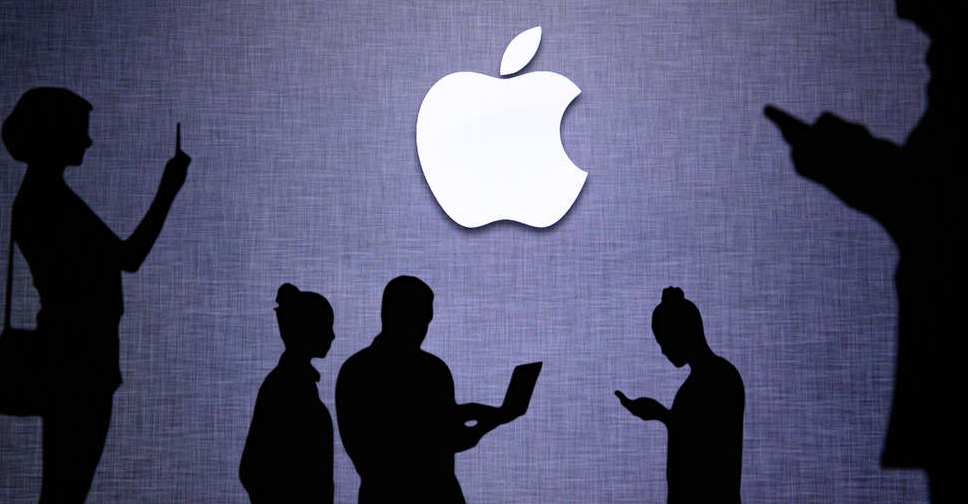
Apple has launched its "buy now, pay later" (BNPL) service in the United States, a move that threatens to disrupt the fintech sector dominated by firms like Affirm Holdings and Swedish payments company Klarna.
The service, Apple Pay Later, will allow users to split purchases into four payments spread over six weeks with no interest or fees, the company said.
It will initially be offered to select users, with plans of a full roll-out in the coming months.
Users can get loans between $50 and $1,000 for online and in-app purchases made on iPhones and iPads with merchants that accept Apple Pay, according to the company.
More than 85 per cent of US retailers accept Apple Pay, the company said.
"Apple Pay Later will absolutely wallop some of the other players. Other companies would've taken a look at Apple's announcement today because they are an ubiquitous name. This will take a bite out of the market share of other players," said Danni Hewson, head of financial analysis at AJ Bell.
In 2020, pandemic-related lockdowns turned shoppers to online payment platforms, bolstering demand for fintech companies offering BNPL services, especially to millennials and Gen Z customers.
Digital payments behemoths including PayPal and Block Inc have expanded into the sector through acquisitions, while Affirm went public in a multi-billion dollar listing.
The sector's fortunes have since turned as rising interest rates and red-hot inflation dampened purchasing power and forced consumers to tighten their purse strings.
"We expect Apple to tread cautiously, especially in this macro environment," said Christopher Brendler, analyst at D.A. Davidson, alluding to its decision to not use a partner and underwrite, fund, and collect on the loans directly.
Apple Pay Later is enabled through the Mastercard Installments programme, the company said, adding that Goldman Sachs was the issuer of the Mastercard payment credential.




 Nasdaq set to confirm bear market as Trump tariffs trigger recession fears
Nasdaq set to confirm bear market as Trump tariffs trigger recession fears
 Dana Gas and Crescent Petroleum exceed 500M boe in Khor Mor field
Dana Gas and Crescent Petroleum exceed 500M boe in Khor Mor field
 China to impose tariffs of 34% on all US goods
China to impose tariffs of 34% on all US goods
 Shares bruised, dollar crumbles as Trump tariffs stir recession fears
Shares bruised, dollar crumbles as Trump tariffs stir recession fears
 Wall Street futures sink as tariffs fuel recession fears
Wall Street futures sink as tariffs fuel recession fears



